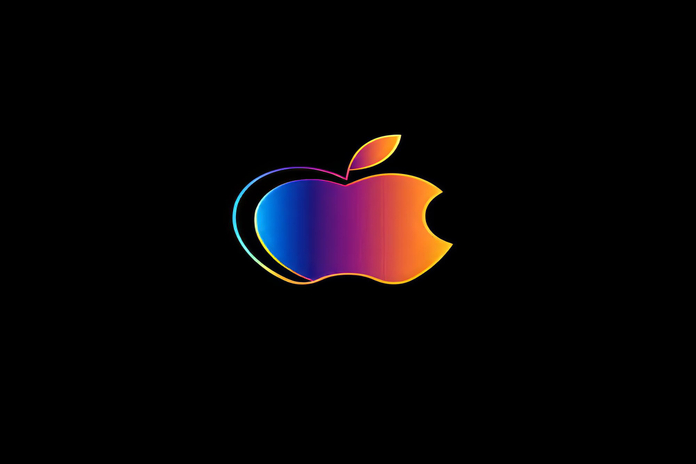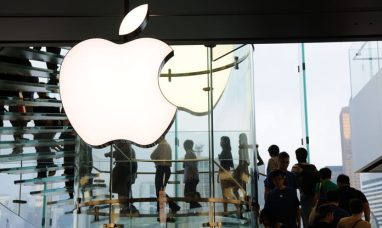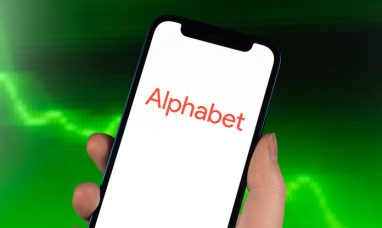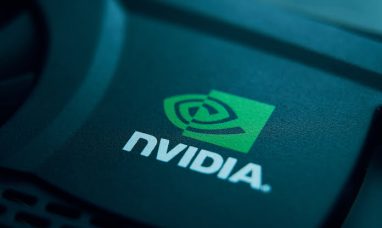Apple (NASDAQ:AAPL) is set to host its highly anticipated iPhone 16 launch event on September 9, and while the hardware updates are important, all eyes are on Apple Intelligence AI. This generative AI-powered platform is Apple’s bold move to bring artificial intelligence to its flagship products, including iPhones, iPads, and Macs. The integration of Apple Intelligence AI will be a key selling point for the iPhone 16 lineup, and its success will not only impact Apple’s product sales but also set the stage for how consumers perceive and adopt AI.
The Role of Apple Intelligence AI in iPhone 16
The upcoming Apple Intelligence AI platform will be front and center during the iPhone 16 launch. While Apple’s event will also showcase the 10th anniversary edition of the Apple Watch and updated AirPods, the integration of AI into its software ecosystem is expected to steal the show. Apple has already teased this focus through event marketing, with slogans like “It’s Glowtime” and a redesigned multicolor Apple logo, signaling that AI will be a central theme.
Apple Intelligence AI is designed to enhance the user experience by integrating generative AI capabilities across various apps and services. For example, it will summarize long text message threads, highlight priority emails in the Mail app, and offer a more intuitive and personalized Siri experience. Additionally, the platform will include AI-powered writing tools to proofread and refine emails or documents, enabling users to create more polished communications effortlessly.
According to analysts, these new features, exclusive to the iPhone 15 Pro and newer models, are expected to drive iPhone sales by convincing users to upgrade their devices to take full advantage of Apple’s AI innovations.
Apple Intelligence AI: A Key to Reigniting iPhone Sales
The Apple Intelligence AI platform is not just a catalyst for technological innovation—it’s also a strategic move aimed at reinvigorating iPhone sales. With market analysts like Morgan Stanley’s Erik Woodring noting that Apple Intelligence AI could “unlock pent-up iPhone demand,” there’s growing optimism that this AI integration could shorten the iPhone replacement cycle and lead to higher sales figures.
In recent years, competitors like Microsoft (NASDAQ:MSFT) and Google (NASDAQ:GOOG) have made significant strides in AI, and many in the tech world wondered why Apple took so long to announce its own generative AI initiative. However, following the June WWDC event, where Apple first introduced Apple Intelligence AI, the company’s stock price surged by 15%, signaling investor confidence in Apple’s AI direction.
Wedbush analyst Dan Ives has also highlighted the potential financial impact, suggesting that Apple’s AI advancements could result in an incremental $10 billion growth in annual services revenue. The integration of AI into both hardware and software is expected to push Apple’s market cap closer to $4 trillion, further cementing its leadership in the tech industry.
The Consumer AI Test: Will Apple Intelligence Deliver?
While Apple Intelligence AI promises to revolutionize the user experience, the real test lies in how well it resonates with everyday consumers. Features like summarizing text messages and prioritizing emails may streamline tasks, but there’s uncertainty about whether these capabilities are compelling enough to justify an upgrade for many users.
Apple has positioned its AI offering as more user-friendly and personal than competing AI platforms, such as Samsung’s Galaxy AI or Google’s Gemini AI, both of which have struggled to explain the practical benefits of their technology. Apple’s focus on seamless integration across its apps and devices has helped the company create a stronger narrative around its AI features, but it remains to be seen if this will translate into widespread adoption.
Risks and Challenges for Apple Intelligence AI
As with any emerging technology, Apple Intelligence AI faces risks. Apple must ensure that its AI is accurate and free from the “hallucinations” that have plagued other generative AI tools, like Google’s AI Overview. Misinformation or unreliable AI suggestions could lead to user frustration and erode trust in the platform.
Furthermore, Apple will need to prove that Apple Intelligence AI is not merely a reactionary move to satisfy investor demands. Instead, the company must demonstrate that AI is integral to enhancing the user experience and not just a feature added to stay competitive in the rapidly evolving tech landscape.
Conclusion: A Make-or-Break Moment for Consumer AI
The iPhone 16 launch represents a pivotal moment for Apple Intelligence AI. While the hardware updates will garner attention, the success of Apple’s AI platform could redefine how consumers interact with their devices. If Apple can deliver on its promise of an intuitive and useful AI experience, it may lead to a new wave of iPhone sales and solidify Apple’s leadership in the AI space. However, the company will need to balance innovation with reliability to ensure that Apple Intelligence AI is not just the latest tech hype but a meaningful advancement for consumers.
Featured Image: Freepik









